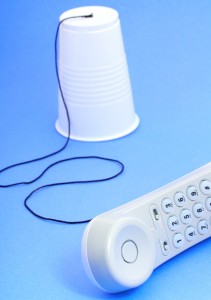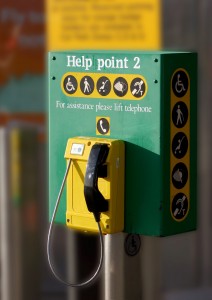NHS 111 is in the news again for all the wrong reasons.
Under-staffed, under-skilled, under-experienced, under-performing…all the old recognisable issues.
The report in the Daily Mail says that Ministers are demanding assurances there are enough staff for the service after reports that only one nurse was left to cover an area of 2.3 million people. The Royal College of Nursing warned that a “tragedy” could occur. According to the Sunday papers, tragedies are already occurring.
It is understandable that NHS managers want to protect the performance of the ambulance emergency services. We are all familiar with the business case for providing an alternative service for “urgent” cases, as opposed to the 999 service for “emergency” cases:
-reduce the emergency services time spent on non-emergency calls;
-reduce the response times for emergency calls; and
-make this critical emergency service more affordable.
But is it the concept of how the alternative is provided that is fundamentally flawed?
Would anyone chose a disembodied voice on the end of a telephone to advise at a critical moment in their existence, when at that moment the caller may well be stressed and fearful?
Perceived wisdom may say there is no truth in it, but there is a body of work* that indicates that any communication is made up of:
Body language 55%
Voice 38%
Words 7%
Based on this premise, the NHS 111 service can only ever communicate 45% of the whole, to callers whose anxiety levels are likely to affect their ability to make well-thought out decisions.
Add to this the “remoteness” of the operator (who are they?), which may well contribute to trust issues (are they unaccountable?) and the delays experienced (do they really care?) and you have a complete turmoil of emotions that is not helped by the telephone as a communications medium.
I don’t have any bright ideas for how else the service could be provided, but I’d be pleased to hear any suggestion you might have…
*Mehrabian, Albert, and Ferris, Susan R. “Inference of Attitudes from Nonverbal Communication in Two Channels,” Journal of Consulting Psychology, Vol. 31, No. 3, June 1967, pp. 248-258 Mehrabian, A. (1971). Silent messages, Wadsworth, California: Belmont Mehrabian, A. (1972). Nonverbal communication. Aldine-Atherton, Illinois: Chicago






